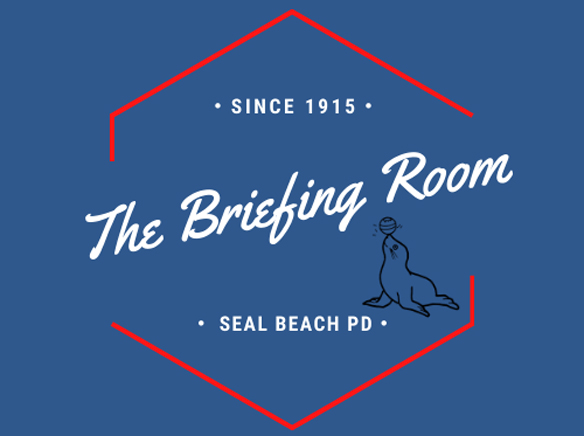Hi Seal Beach,
At a recent Surviving Gun Violence presentation hosted by the Seal Beach Police Department, we discussed an important and difficult topic: the warning signs that can precede an act of violence. While we all hope never to experience this firsthand, history has shown us that certain behaviors are often present before a violent incident occurs—and too often, they are ignored or dismissed.
To be clear, everyone has bad days. We all go through difficult times, and a single moment of frustration does not mean someone is on the path to violence. But when concerning behaviors persist or escalate, they should not be overlooked. Recognizing red flag behaviors is not about assuming the worst in people—it’s about taking a proactive, community-based approach to safety.
Red flag indicators
A “red flag” is a questionable, suspicious, or inappropriate behavior that may be expressed through someone’s actions, appearance, spoken or written words, or online activity. These indicators do not necessarily mean a person will commit violence, but they have been present in cases where violence has occurred.
Here are some behaviors that should raise concern:
• Behaviors that interfere with the workplace or social environment – This can include ongoing disruptions, aggressive confrontations, or significant changes in demeanor.
• Overly aggressive behavior or threats toward others – Direct threats, intimidation, or expressions of harm should never be ignored.
• Poor decision-making and coping skills – Difficulty managing stress, reacting impulsively, or engaging in reckless behavior.
• Low frustration tolerance and overreactions – Outbursts, an inability to handle setbacks, and anger management issues.
• Notable changes in behavior or appearance – Sudden withdrawal, drastic shifts in personality, or a decline in hygiene and self-care.
• Writings, comments, or social media postings endorsing violence – Unusual interest in violent acts, past attackers, or extreme ideologies.
• Increased isolation – Withdrawing from family, friends, or coworkers.
• Obsession with past violence – Admiration for mass shooters or violent figures.
• Fixation on weapons or tactical gear – A growing and unusual interest in firearms, body armor, or military-style tactics.
• Paranoia or grievance-fueled thinking – A belief that they are being wronged and that violence is the only solution.
• Sudden and dramatic lifestyle changes – Quitting a job unexpectedly, selling off possessions, or making final arrangements.
• Increased substance abuse – Heavy alcohol or drug use leading to impulsivity.
• Threats or leaking of intent – Making direct or veiled threats, hinting at plans, or expressing a desire for revenge.
• If you see something, say something.
The Seal Beach Police Department does not expect the community to investigate these behaviors or jump to conclusions. But we do ask that if you notice concerning behavior, report it. No call is too small in Seal Beach. We are here to listen, assess, and intervene when necessary.
We know that bringing up concerns about someone can feel uncomfortable, but silence has allowed too many warning signs to go unaddressed.
Early intervention can save lives. If something doesn’t seem right, trust your instincts and call us.
You are not alone in keeping our community safe—this is a partnership, and together, we can help prevent tragedies before they happen.
For non-emergency concerns, call the Seal Beach Police Department at (562) 594-7232. For immediate threats, always call 911.
Keep your questions coming, Seal Beach! Email us at askacop@sealbeachca.gov today.




